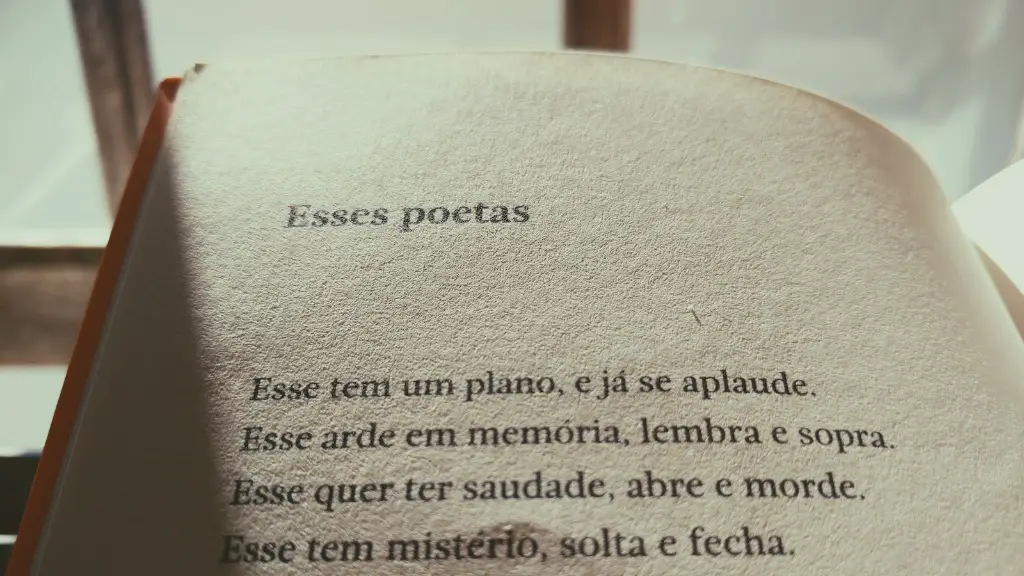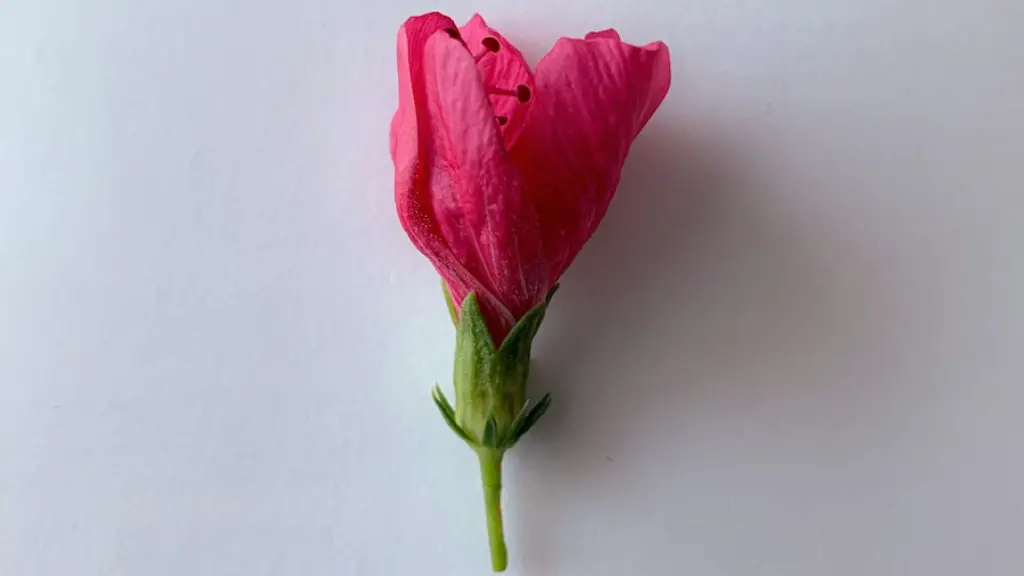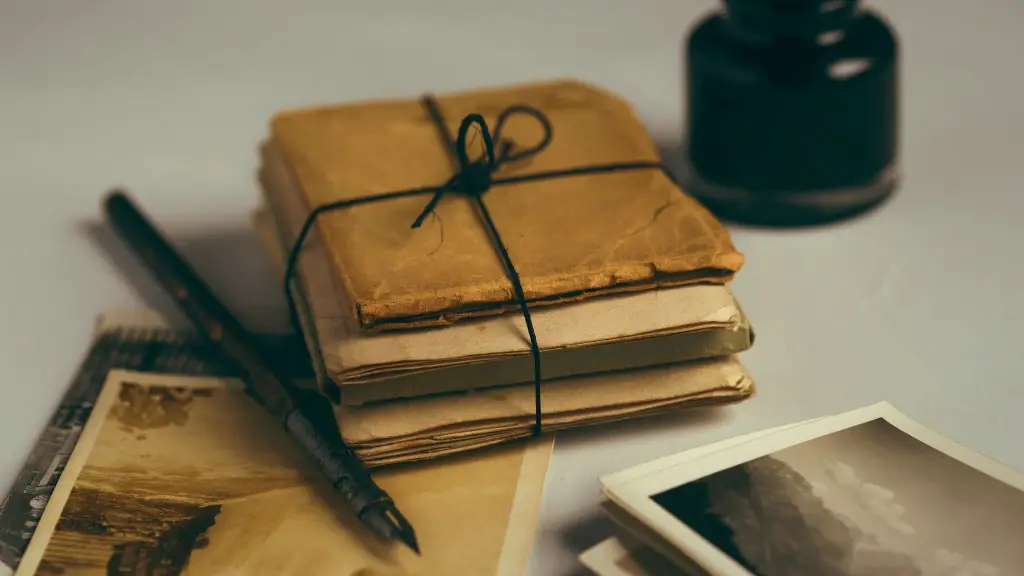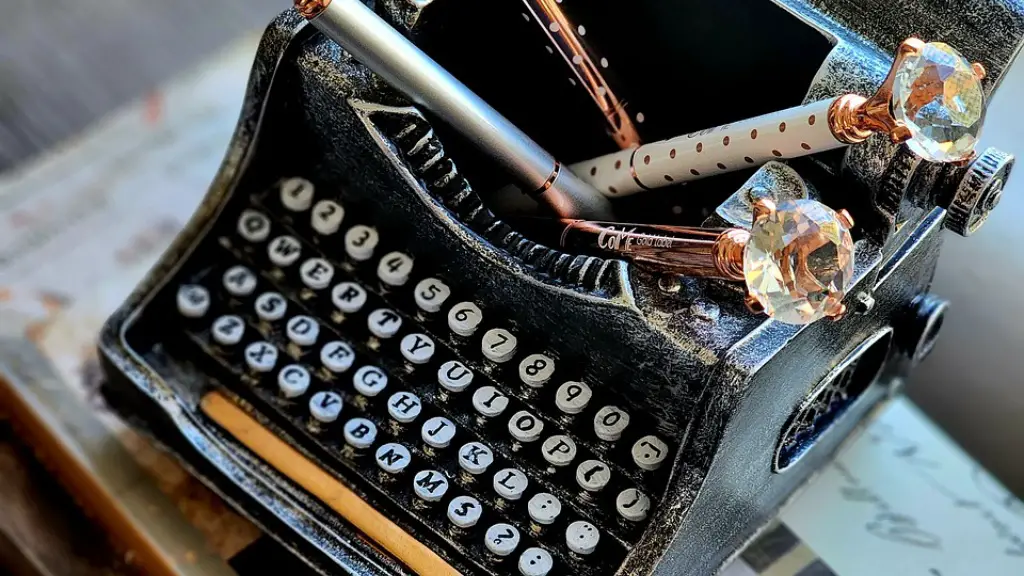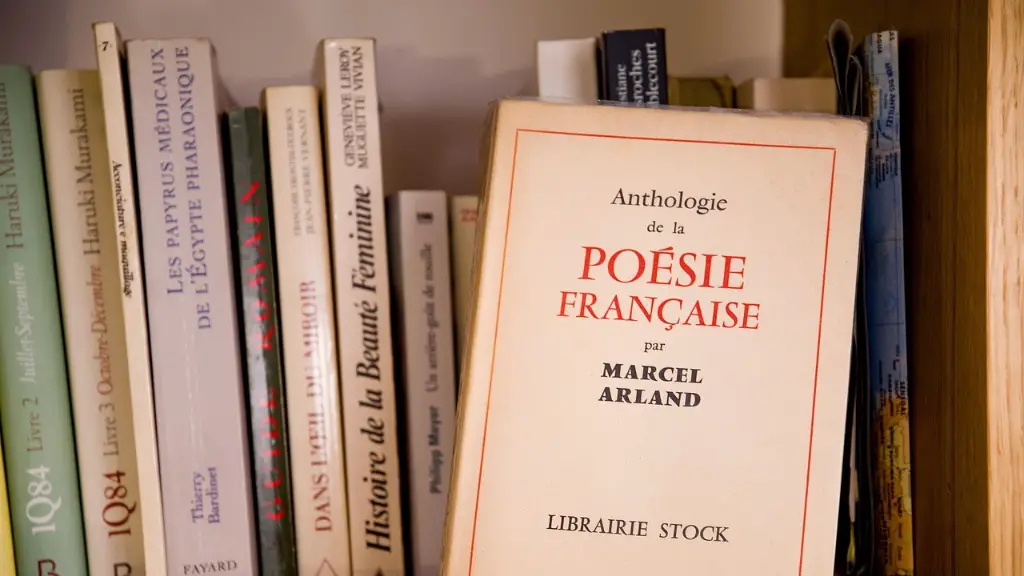The Evolution of Rules in Poetry
Poetry has been around for many centuries and has evolved significantly.It has changed in its structure, format and even rules. Rules, which might be considered fundamental to the beauty of their composition, dictate the rhyme, rhythm, occasional variation of metre and even poetic forms. This article provides an in-depth analysis into the development of rules in poetry.
Varied Origins of Poetic Rules
The rules of poetry have varied from one culture to another. Ancient Greek, Italian and French Poetry had specific rules or norms while English poetry was developed later and has no set rules as such. The standardization of lyric and metric forms in European culture was largely established in the Romantic Period. More recently, the emergence of free verse in poetry was brought about in the 19th century.
Some of the rules of poetry stem from established traditions of verse forms in different cultures and languages, while some originate from the personal guidelines set by individual poets. The notion of poetic rules or “laws” was actually first mentioned in France by the influential poet, Nicolas Boileau. He suggested that true poetry should be judged according to the “Laws of Harmony and Proportion”. Poets such as Alexander Pope followed this suggestion and proclaimed the same belief.
Influence of Poets on the Development of Rules in Poetry
Throughout their history, poets have consistently exercised a profound influence on the development of poetic rules. Their work has served to preserve lines from the past and to explore the traditional forms and patterns of poetic lines. For instance, modernist poet Ezra Pound developed what he referred to as the “luminous detail” – a composition of vivid description that he used to portray aspects of his life and his own impressions on themes. This style helped to encourage and develop the importance of line break in poetry.
Traditional vs. Contemporary Poetry
Typically, traditional poetry was written with a great sense of rhyme and meter which is often lacking in modern or contemporary poetry. Traditional poetry requires a specific set of rules which follow a certain framework. Without the rules, the poem may appear to be out of order, chaotic and lacking in force. Contemporary poetry, however, is generally marked by the absence of rules. It encourages the poet to experiment with form and content and to extend boundaries.
Controversies Around Rules in Poetry
Despite a generalized acceptance of rules in poetry, there remains a great controversy around what should and should not constitute poetry. Some argue poetry should contain set rules and structure, while others assert that rules only inhibit creative expression. Consequently, this has resulted in a great debate between traditionalists and contemporary poets.
Importance of Rules in Poetry
Even though the rules of verse have been a major source of discussion for centuries, they are considered essential for writing good quality poetry. Rules prevent the poem from becoming muddled and keep it organized and precise. Furthermore, following certain patterns and forms helps to provide structure and consistency, while also allowing room for creativity and experimentation.
Types of Rules in Poetry
There are many different types of rules that govern poetry including form, metre, rhyme, rhythm, tone and background. The rules of form imply division of a poem according to its structure, length of line and stanza divisions. These rules, when adhered to properly, can help to achieve meaningful and rhythmic patterns. Metre refers to the strict pattern of sound, established by a particular kind of verse and is followed throughout the poem. Rhyme is used to give emphasis to similar sounds and is determined by the last syllable of each line. Similarly, rhythm adds emphasis to the metre and uses repetition of accents in a sequence of sounds.
Effectiveness of Rules in Poetry
Rules can ensure that a poem expresses its intended meaning in an effective manner. For example, rules such as Rhythm and Rhyme create regularity throughout the poem which increases the impact of the content. They also help the poet to prioritize form over content, allowing the reader to make sense of the poem.
Role of Emotion in Rules of Poetry
The role of emotion should not be underestimated in the rules of poetry. The use of wording and imagery in poetry can be used to convey emotive responses in both the writer and reader. Poetic rules provide the poet with tools to aid in conveying the emotion of their work while also allowing them to determine the tone of the work.
The Debate Around the Creativity of Poetry
The debate regarding the creative nature of poetry still remains. Supporters of rules state that poetry should be a play with structure, while those against argue that rules limit creativity and remove opportunities for experimentation. However, one could also argue that rules leave room for creative development since part of the play with structure includes manipulating the rules in unconventional ways.
Influence of Technology on Poetry Rules
The influence of technology on poetry cannot be overlooked. The introduction of digital tools has assisted poets in creating works which extend beyond the limitations of traditional verse forms. Technology has enabled poets to adopt a more colloquial style, placing an emphasis on the individual’s creative process. Consequently, this has led to more diverse works that can allow for experimentation with words and rhythm.
Understanding of Poetry Through Innovation
Innovation in poetry has become even more prolific in recent years. Poets are now using different kinds of forms, structure and tones in their works which can help them to communicate more effectively. The use of innovative rules has enabled poets to overcome the constraints of conventional poetry, allowing them to develop their works and gain a better understanding of their content.
The Complexity of Rules in Poetry
The complexity of rules in poetry is truly remarkable. From rhyme and metre to tense and tone, these rules allow the poet to convey their ideas in an effective and nuanced manner. Poets must be aware of the different rules governing their craft and use them appropriately to create engaging and meaningful work.
Effect of Rules on Structure, Word Choice and Style
The rules of poetry can have an effect on the overall structure and word choice of a poem. Poets must be conscious of these rules and choose words that adhere to their stipulations. Additionally, the rules can be used to control the style of the poem, which helps to determine the overall tone and flow.
Significance of Rules in the Creative Process of Poetry
The creative process in poetry, though vast, is ultimately dictated by the rules set out by a given poet. Rules such as form, metre, tone and expression can all help to shape the poem and give it structure. Poets must be able to identify and evaluate the rules of their craft in order to create effective and meaningful works of art.
Role of the Rule Breaker in Poetry
The role of poets in challenging the rules of poetry can not be underestimated. Through the breaking of traditional rules, famous poets including T.S. Elliots have created an entirely new approach to songwriting. Such poets have encouraged others to step out of the box and use their creativity to forge new paths within the field of poetry.
Strategies for Breaking the Rules of Poetry
It is possible to challenge the conventions of poetic rules while still adhering to some level of framework. For example, the use of rhyme and rhythm can be used to draw focus to the idea within the poem without detracting from the overall creative process. Similarly, incorporating unconventional word choices can help to create an alternative aesthetic to the poem.
Potential of Poetry
The potential of poetry is vast and the evolution of poetic rules has enabled different styles to flourish. As conventions continue to be broken, we must question the quantity and quality of rules that should be applied to any given work. Consequently, this opens the doors to a variety of creative expression that can be accessed and enjoyed by both readers and writers.
